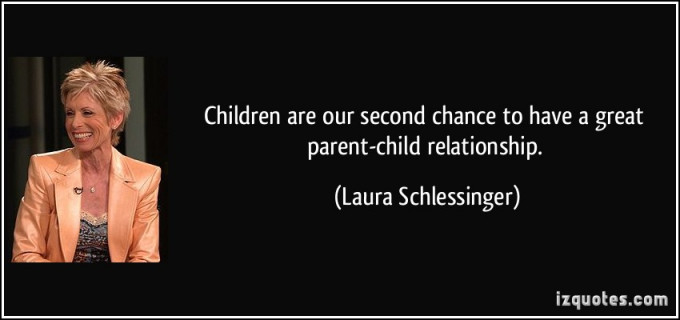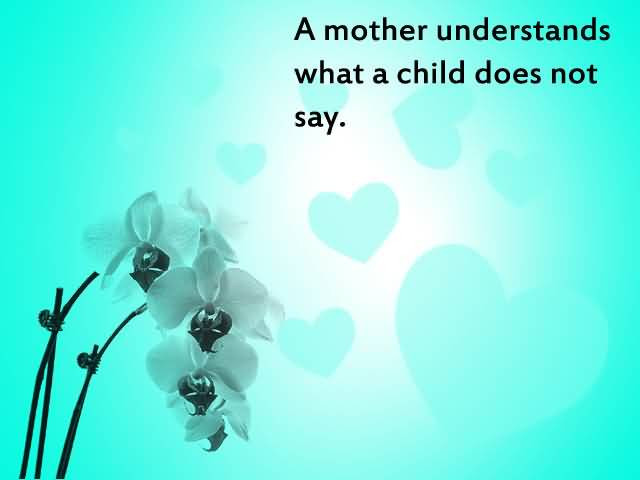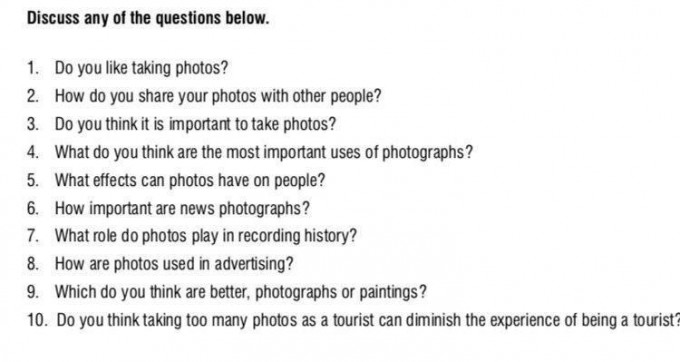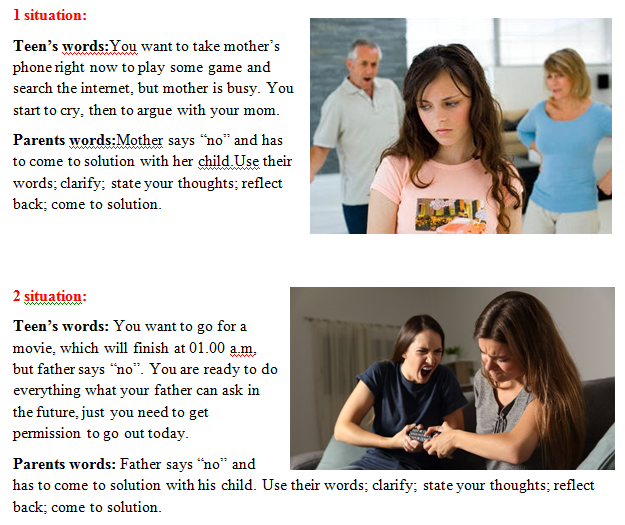Communication between teens and parents is one of the most difficult things in the realm of family relationships. Teens in the teen stage begin to explore and experiment with their own identities, and that can sometimes cause a shift in the parent-adolescent relationship. Sometimes, parents don’t know how to communicate with their children because they are no longer the young child that they knew. Teens want to be their own person and make their own independent decisions, which can cause conflict in their relationships – especially with parents. The emotions and thoughts that are going through teens’ minds are not what the parents see but their actions (i.e. behaviors) which sometimes causes conflict at many levels. A parents’ ability to positively communicate with their teen can have a long lasting effect when it comes to having a good relationship.
Children who do not respect their parents often show their lack of respect by failing to obey their parents or showing a disregard for their emotions and feelings. This lack of respect may transfer to a child's self-respect, causing him to make bad choices. It may also transfer to how a child respects others, making him treat others poorly. While sometimes a lack of respect simply comes as kids begin to rely less on their parents and more on the world, parents can continue to foster a sense of respect by:
· Setting rules and following up with reasonable consequences
· Showing respect to their children
· Modeling respect when interacting with others
· Parenting with confidence; make a decision and stick to it
Parents whose children have made a host of mistakes or who regularly engage in dishonest behaviors may have difficulty trusting their children. In order to rebuild trust in their children, parents need to give them a chance to demonstrate they are worthy of that trust. To build trust, parents should:
· Teach children the importance of being honest.
· Create a plan to help rebuild lost trust.
· React positively when children tell the truth, even if they share negative information.
· Not making promises they can't keep
· Following through on promises made
· Keeping private information private
· Talking to children about why something shared in confidence must occasionally be shared with others
· Always being truthful with children
A lack of communication can be one of the most frustrating problems for both parents and children. Parents feel like their children don't listen to a word they say, while children feel like their parents don't understand them or never take the time to listen. When this happens, instead of working harder to communicate, parents and kids often stop communicating entirely, leading to anger, sadness and a host of other negative emotions.
Parents who have trouble getting their kids to listen should follow a few guidelines when talking to their kids:
· Get on the child's level
· Use positive phrasing
· Offer choices
· Keep it short
· Stay calm
· Regularly take time to let children talk
· Avoid responding with strong emotion
· Focus on the child's interests and feelings
· Give children full attention while they're talking
Sometimes the child and parent relationship is thrown off balance. Instead of the parent taking care of the child, the child may feel a need to take care of the parent. This may happen when a parent expect a child to become more like a friend, listening to the parent's problems and providing a social outlet for the parent. It may also happen when parents become depressed, disabled, or otherwise able to care for themselves. Children may act in ways designed to make mom or dad happy, try to solve family problems on their own, or even simply take on the majority of daily tasks around the home, such as cooking or cleaning.
Parents who find themselves becoming too dependent on their children should:
· Seek out others to provide emotional support
· Set healthy boundaries with your child
· Remind yourself and your child of your roles in the home
· Give children a chance to take on age-appropriate tasks
· Allow children to safely solve their own problems
· Encourage children to develop their own interests
Abuse requires immediate help and should be reported, but not all physical and verbal abuse leads to hospital visits, nor does it always take place in the open. In fact, even good parents can occasionally be guilty of abuse. They may hit a child or inflict pain on a child during a moment of stress. Other parents may use words to demean their children, regularly putting them down, yelling at them, or telling them they are not good enough.
If you are or suspect someone is abusing your child, getting help through therapy and other programs can help to lessen the impact on a child and improve your parenting style. Child abuse is clearly a parent problem and the focus on fixing it is on the parent - but children will react to abuse in different ways. While an abusive parent may not always recognize that he or she is being abusive, there are few things parents can do to stop abuse should it happen:
· Seek the help of a professional, like a therapist, counselor or doctor
· Look for signs of fear when a child approaches
· Listen to a child and stop negative behaviors if a child cries or says she is hurt
· Pay attention to other adults who express concerns
· Take a moment to step away and breathe when tempted to act out of anger
· Use only positive words and phrases when talking with children



